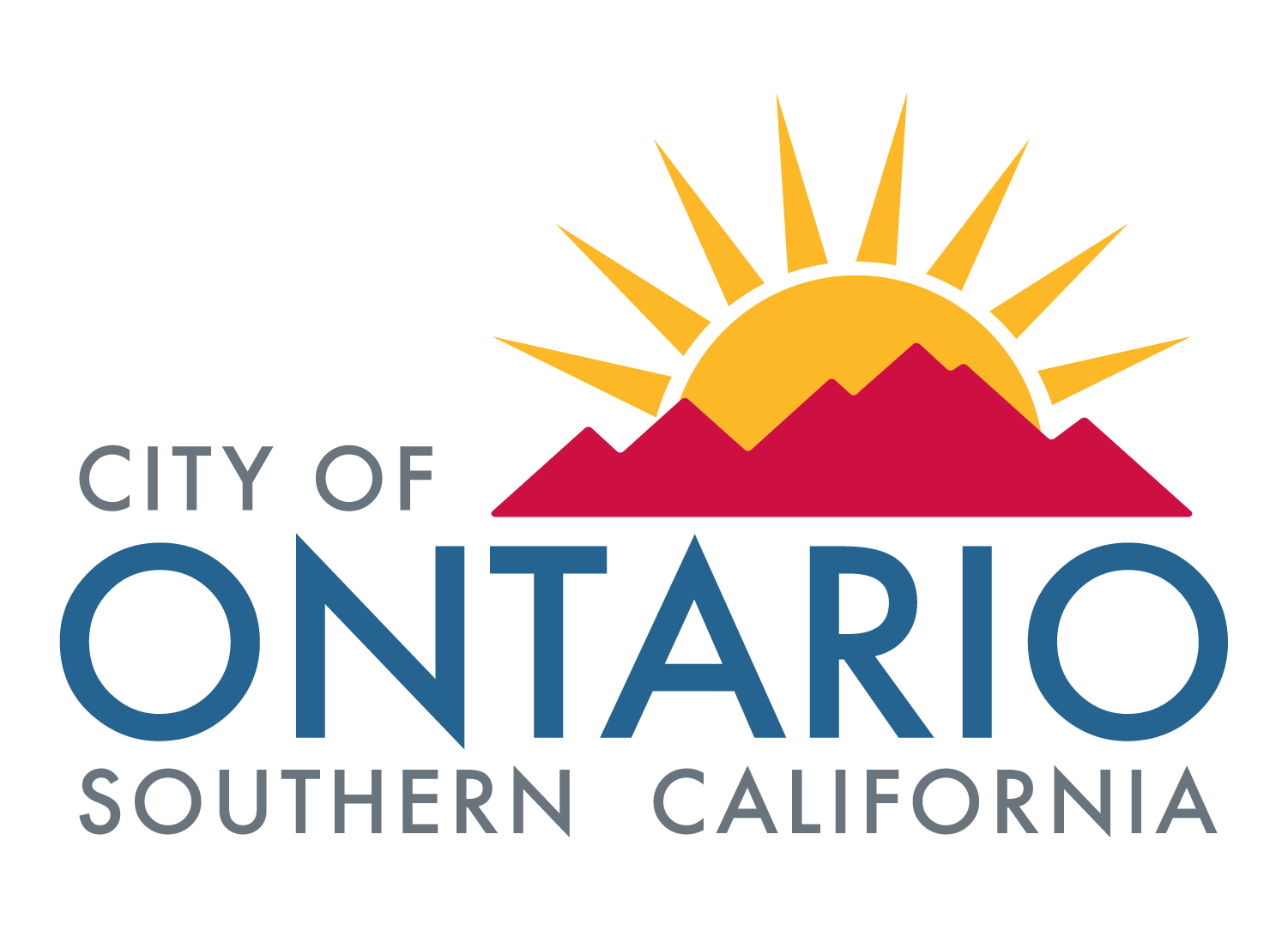What to do in the Event of a Sewer Spill
Please report it Immediately!
Call Ontario Municipal Utilities at (909) 395-2678 Monday - Thursday 7:30 am - 5:30 pm and Friday 7:30 am - 4:30 pm, or if after hours call the Police Department at 911.
Each vehicle wash or food service facility must determine the frequency at which its grease interceptor must be pumped according to the following criteria:
- When the floatable grease layer exceeds six inches in depth;
- When the settleable solids layer exceeds eight inches in depth;
- When the total volume of captured grease and solid material displaces more than twenty percent of the capacity of the interceptor; or
- When the interceptor is not retaining/capturing oils and greases; or the removal efficiency of the device, as determined through sampling and analysis, is less than eighty percent.
Grease interceptors and clarifiers are installed at food service establishments and car washes to help prevent fat, oil, grease, and settled solids from entering the sewer. The device is usually located below ground just outside the building or car wash bay, and manhole covers provide access for inspection and cleaning. The vault includes a minimum of two compartments with a baffle between each compartment. For Standard Drawings of grease interceptor/clarifiers please see http://www.ci.ontario.ca.us/index.aspx?page=278 or call the Engineering Department at (909) 395-2025.

